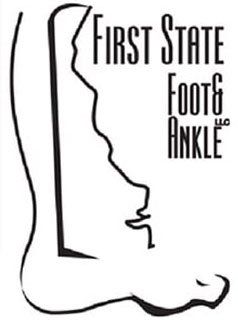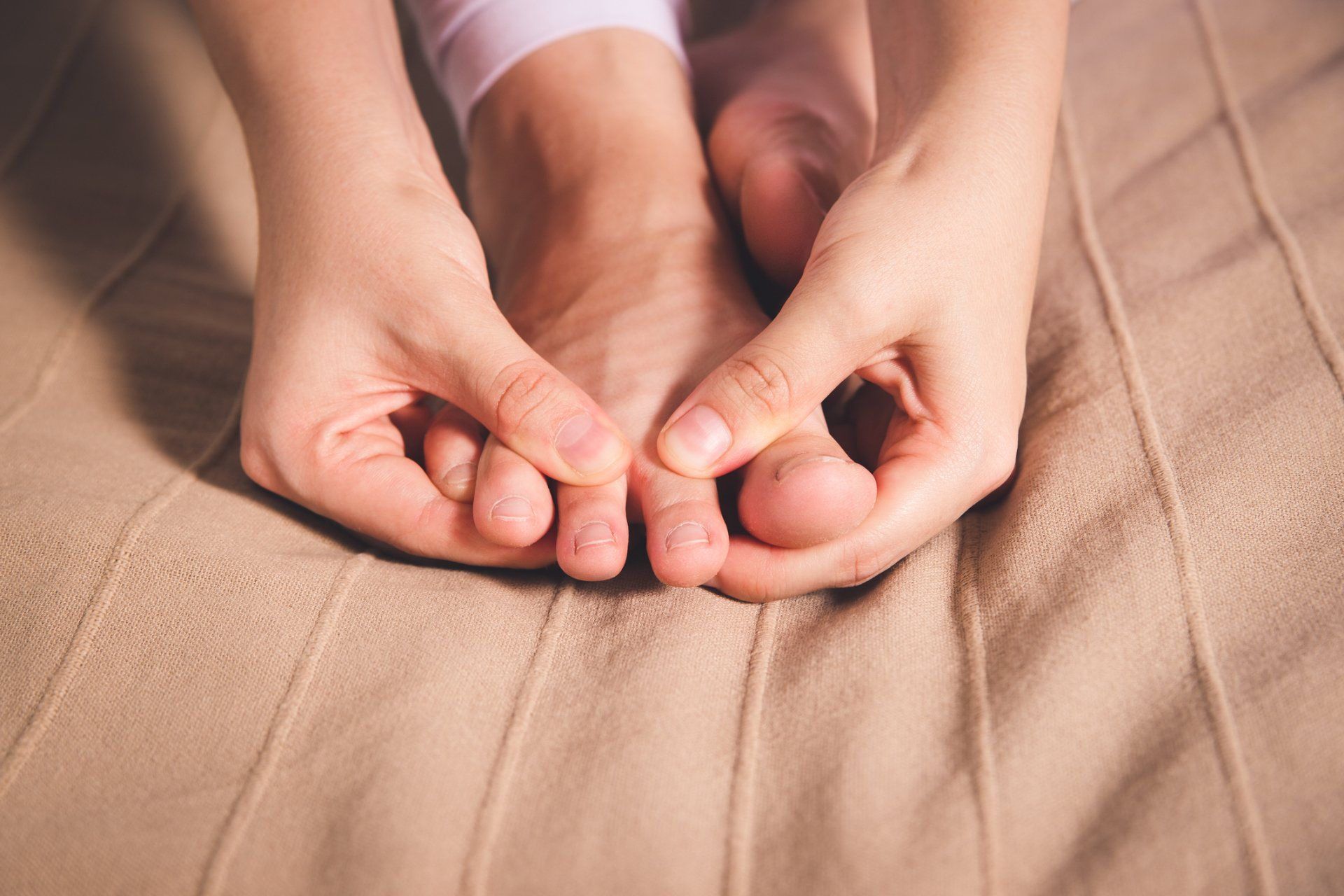Diabetic Foot Care
Foot Care for Diabetics
Diabetes can cause very serious foot problems. From ulcers and infections to gangrene and amputation. It is important to avoid serious foot problems with daily foot care and periodic visits to First State Foot & Ankle.
According to the American Diabetes Association, approximately 25.8 million Americans suffer from diabetes with an estimated annual economic cost of $245 billion. Diabetics account for more than 60% of non-traumatic lower limb amputations. Most diabetic amputations are a result of minor injuries that went untreated and resulted in ulcerations.
The American Collee of Foot and Ankle Surgeons recommends the following Foot Care Guidelines to to avoid serious foot problems:
- Inspect your feet daily. Check for cuts, blisters, redness, swelling or nail problems. Use a magnifying hand mirror to look at the bottom of your feet. Call your doctor if you notice anything.
- Bathe feet in lukewarm, never hot, water. Keep your feet clean by washing them daily. Use only lukewarm water—the temperature you would use on a newborn baby.
- Be gentle when bathing your feet. Wash them using a soft washcloth or sponge. Dry by blotting or patting and carefully dry between the toes.
- Moisturize your feet but not between your toes. Use a moisturizer daily to keep dry skin from itching or cracking. But don't moisturize between the toes—that could encourage a fungal infection.
- Cut nails carefully. Cut them straight across and file the edges. Don’t cut nails too short, as this could lead to ingrown toenails. If you have concerns about your nails, consult your doctor.
- Never treat corns or calluses yourself. No “bathroom surgery” or medicated pads. Visit your doctor for appropriate treatment.
- Wear clean, dry socks. Change them daily.
- Consider socks made specifically for patients living with diabetes. These socks have extra cushioning, do not have elastic tops, are higher than the ankle and are made from fibers that wick moisture away from the skin.
- Wear socks to bed. If your feet get cold at night, wear socks. Never use a heating pad or a hot water bottle.
- Shake out your shoes and feel the inside before wearing. Remember, your feet may not be able to feel a pebble or other foreign object, so always inspect your shoes before putting them on.
- Keep your feet warm and dry. Don’t let your feet get wet in snow or rain. Wear warm socks and shoes in winter.
- Consider using an antiperspirant on the soles of your feet. This is helpful if you have excessive sweating of the feet.
- Never walk barefoot. Not even at home! Always wear shoes or slippers. You could step on something and get a scratch or cut.
- Take care of your diabetes. Keep your blood sugar levels under control.
- Do not smoke. Smoking restricts blood flow in your feet.
- Get periodic foot exams. Seeing your foot and ankle surgeon on a regular basis can help prevent the foot complications of diabetes.
2020 American College of Foot and Ankle Surgeons (ACFAS)






